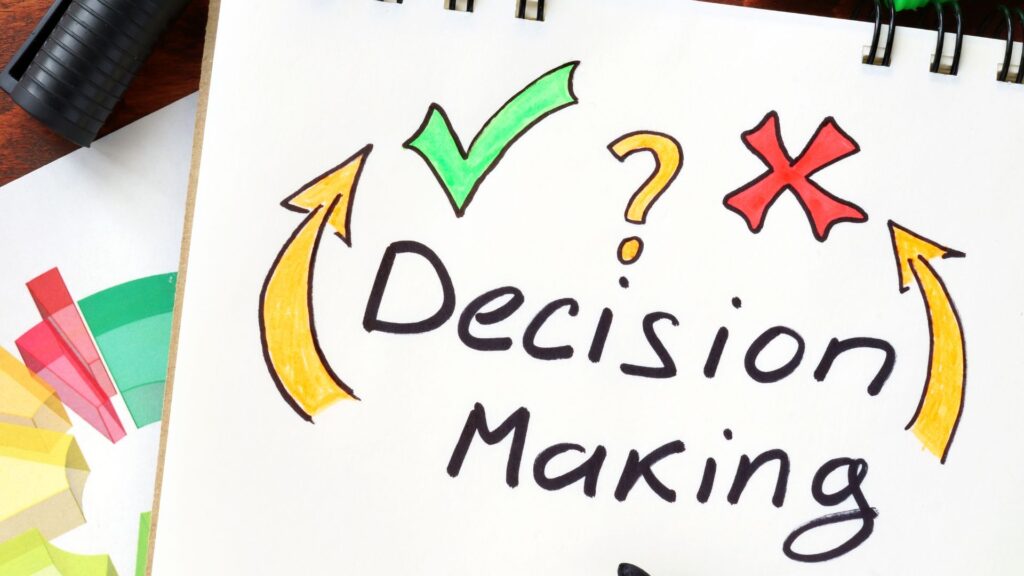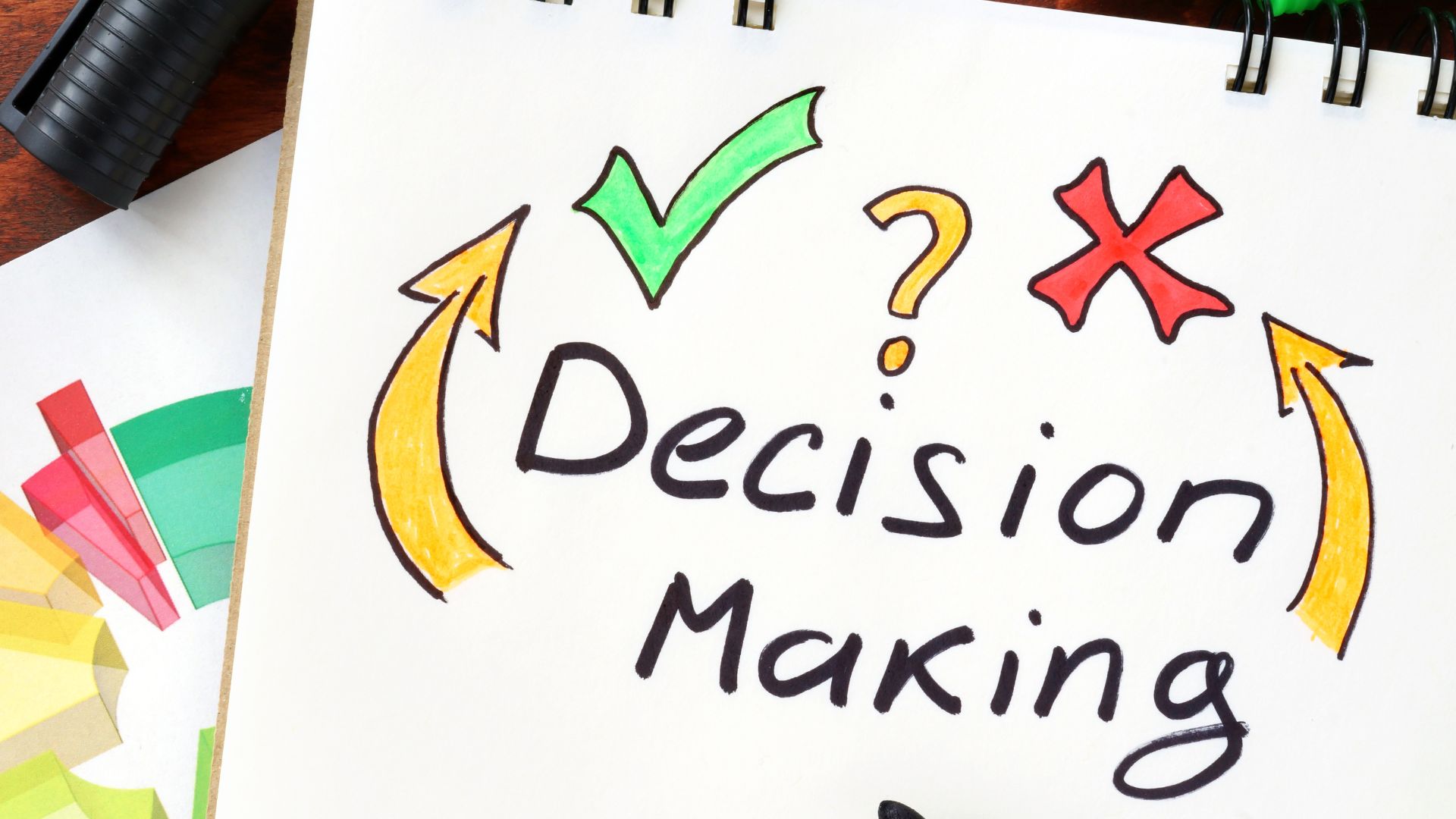
From what to make for dinner to which daily tasks to prioritize, making decisions isn’t always easy. And it can be even more difficult for people who struggle with executive function, the cognitive skills that allow an individual to set goals and take strategic steps to meet them.
In particular, “paralysis by analysis” and decision fatigue in people with ADD or ADHD are common. But making decisions doesn’t have to feel impossible, even with executive function challenges. Here’s what you need to know about this relationship and how you can prioritize and offload tasks as needed to help simplify the decision-making process.
Decision Fatigue in ADHD/ADD and Executive Function Disorders
If you live with attention deficit hyperactivity disorder (ADHD) or attention deficit disorder (ADD), you may struggle with executive functions. This can leave you having trouble with things like self-restraint, self-motivation, planning, and problem-solving.
However, ADHD/ADD shouldn’t be conflated with executive function issues, which can manifest with various disorders. While individuals with ADD/ADHD may experience executive dysfunction, there are also people without these diagnoses who also have the same challenges.
Symptoms of executive function disorder may include:
- Difficulty regulating emotions
- Problems focusing
- Being late and missing deadlines
- Struggling to prioritize tasks
- Impulsive or poor decision making
Challenges Associated With Decision Making
Decision paralysis occurs when you’re faced with pressure to make a decision, big or small. It could be anything from what to wear to which career path to pursue. In the face of this pressure, individuals with decision paralysis become overwhelmed and procrastinate, putting off actually making their choice. This procrastination can then lead to frustration and guilt.
Individuals with ADHD/ADD or other executive function disorders often grapple with two types of challenges when making decisions: analysis paralysis and decision fatigue.
Analysis paralysis often goes hand in hand with decision fatigue. When you’re faced with too many options and become overwhelmed, you become mentally overloaded as you overthink every aspect of the decision. This makes even a small choice feel like a big deal, causing debilitating anxiety and tiredness.
The effects of all that overthinking and mental overload often lead to decision fatigue, characterized by a state of extreme mental exhaustion. As you make more and more decisions, your physical, mental, and emotional energy levels become so depleted that you simply can’t make more decisions, no matter how small and insignificant.
6 Tips for Overcoming Decision Anxiety
The repercussions of analysis paralysis and decision fatigue can be huge, affecting personal relationships, work, school, finances, and even self-care. Luckily, there are practical steps people with ADHD/ADD or general executive function struggles can take to make their lives easier.
Implement some of these tips to simplify decision making and minimize decision anxiety in ADHD and executive function disorders.
1. Limit Your Choices
Choice can be a good thing, but it can also be overwhelming. Sometimes, narrowing down your options can help. For example, if you struggle with what to wear, put together a capsule wardrobe with simple, versatile pieces that are easy to mix and match. You can incorporate accessories and other seasonal items if you want, but you’ll always have a set of reliable combinations without those add-ons.
2. Take a Break
If you’re feeling overwhelmed, press pause. You won’t make smart decisions when you’re at your mental limit. Go for a walk, eat something, or take some calming breaths to regroup and focus on something unrelated for a little while.
3. Plan Decisions in Bulk
Smaller decisions like what to wear or eat can be easier if you make them in batches. For instance, you can set aside 30 minutes every Sunday to figure out your outfits for the week and to write out a meal plan for the week.
4. Set a Timeline
For smaller decisions, like what to order for dinner, set a literal timer for yourself. Commit to making the choice by the time the timer goes off and uphold that commitment.
5. Use Pro-Con Lists
When it comes to bigger decision-making, you may need to take more time. To clarify your thoughts and determine priorities, write out the pros and cons of your various options, keeping in mind that no one choice will be “perfect.” In many cases, simply choosing is better than not choosing at all—and that concept can help alleviate much of the pressure associated with making decisions.
6. Seek Expert Advice
Depending on the choice you have to make, you may want to ask an expert’s opinion. This can take the pressure off you and is especially advisable for big-picture issues, like determining where to invest your money. Seeking guidance gives you opportunities to learn over time and make smaller decisions that feed into a larger goal. In some cases, the expert might be a paid professional, and in other cases, it might be a trusted family member or friend who has experience with a similar situation. An executive function coach can also help clarify and reinforce the learning and decision-making skills you gain through these conversations.





